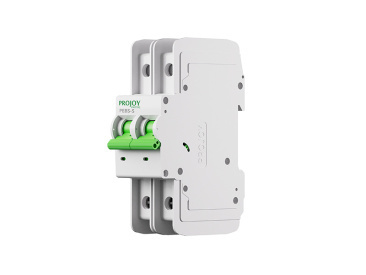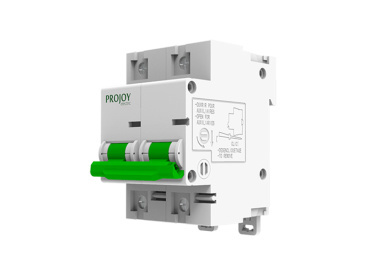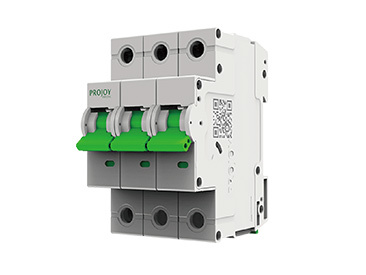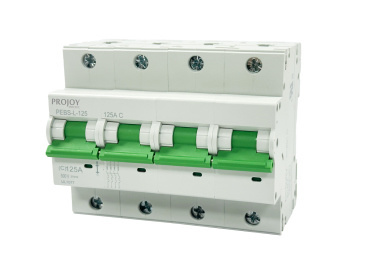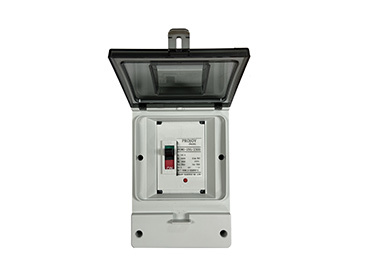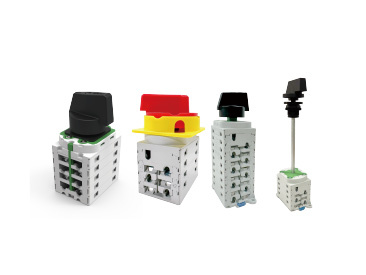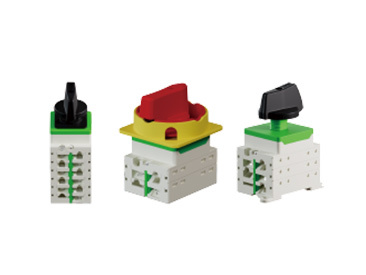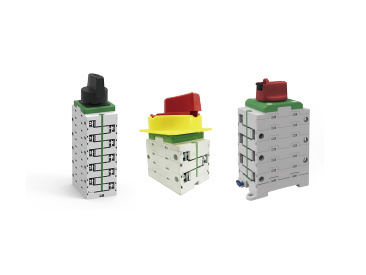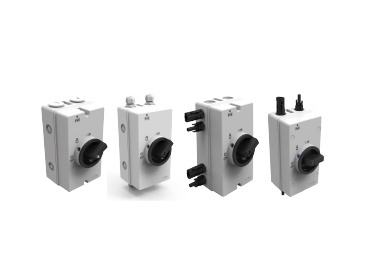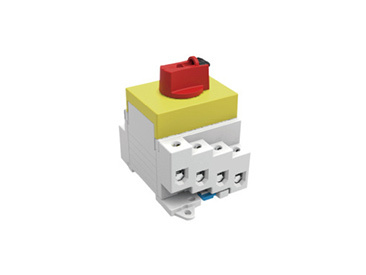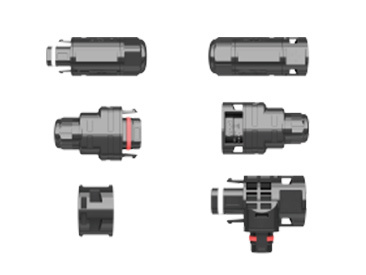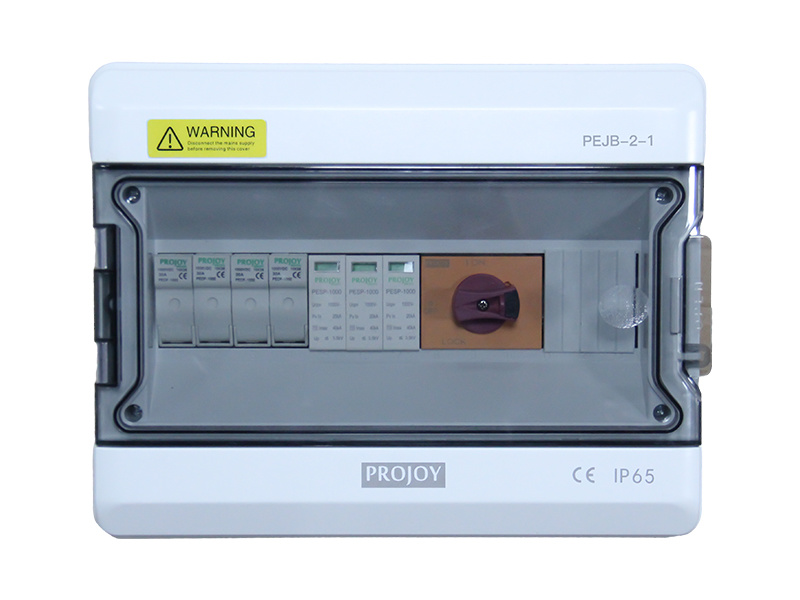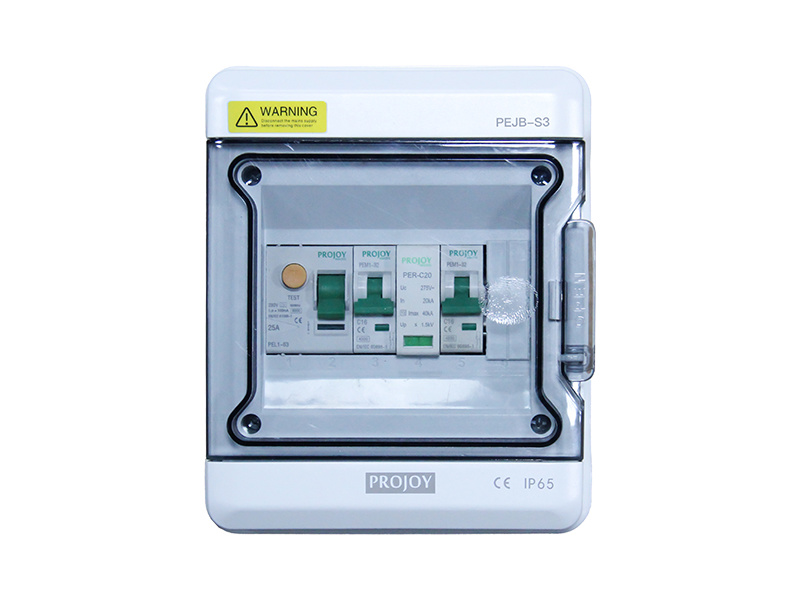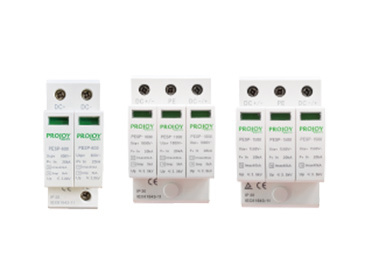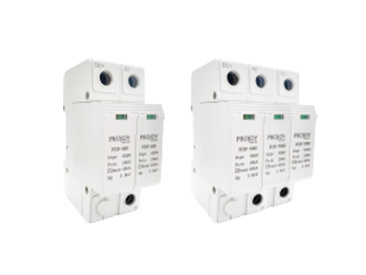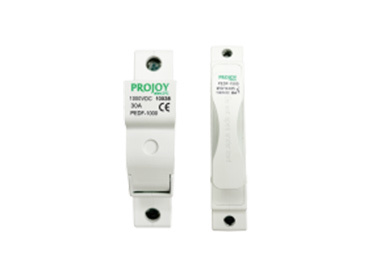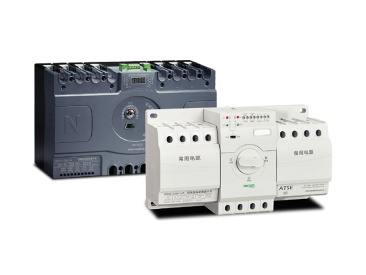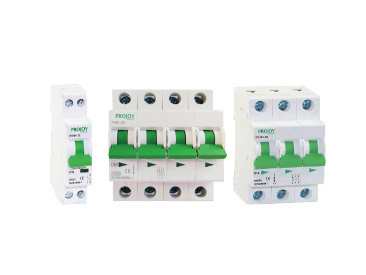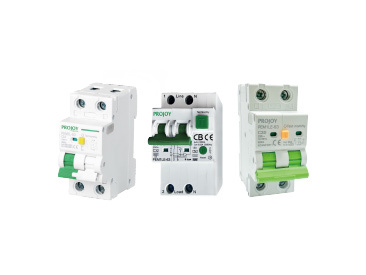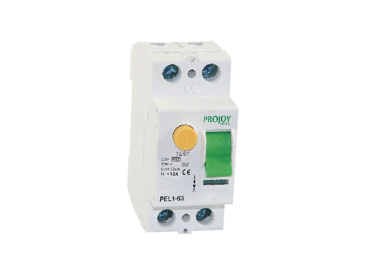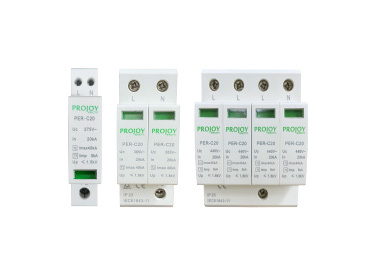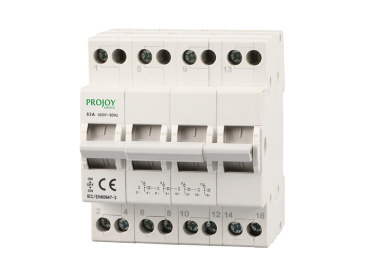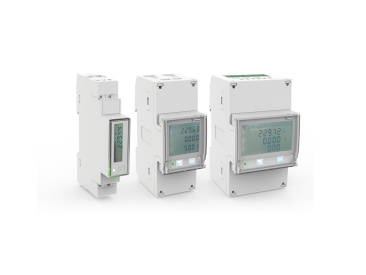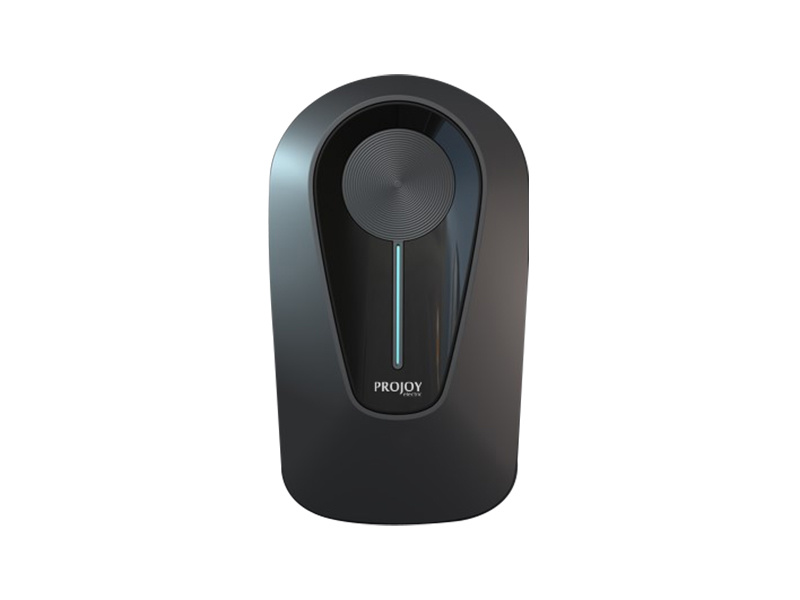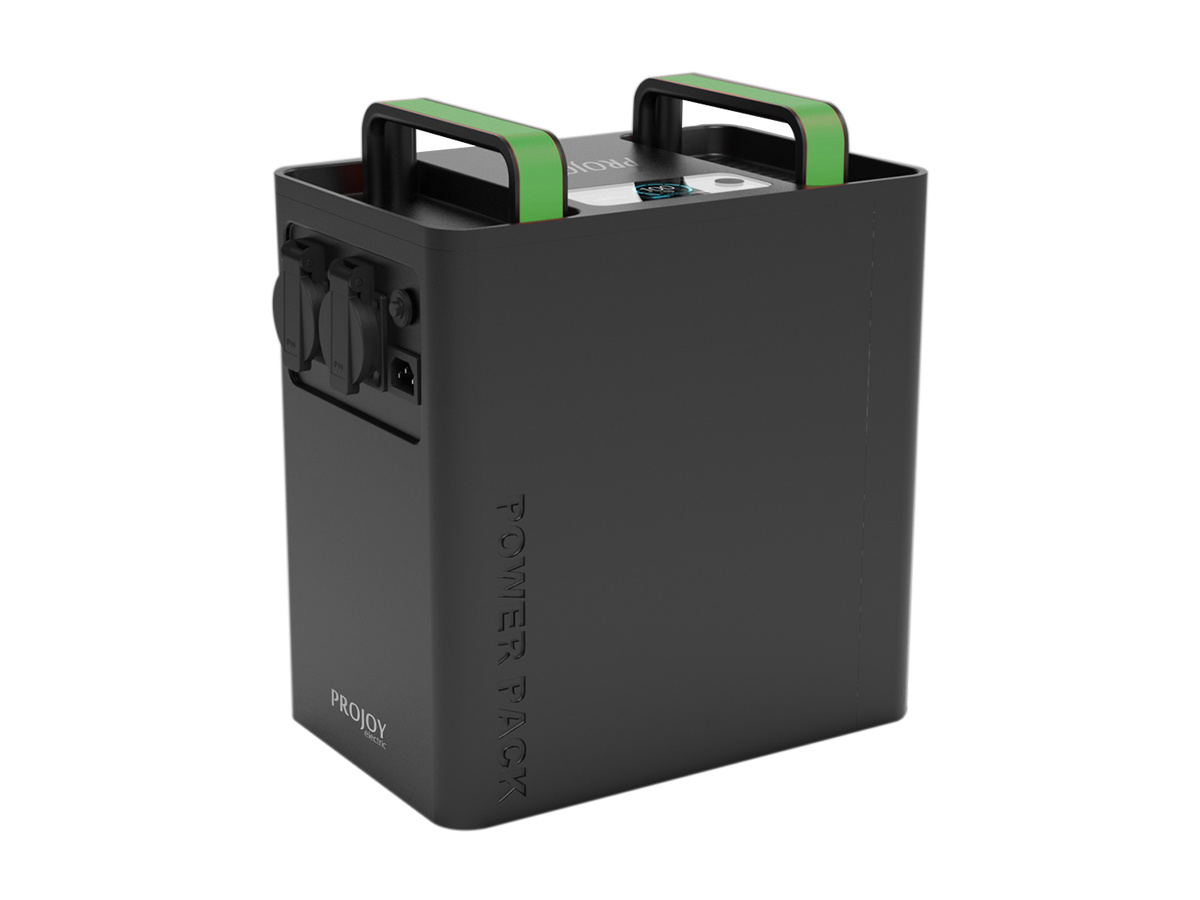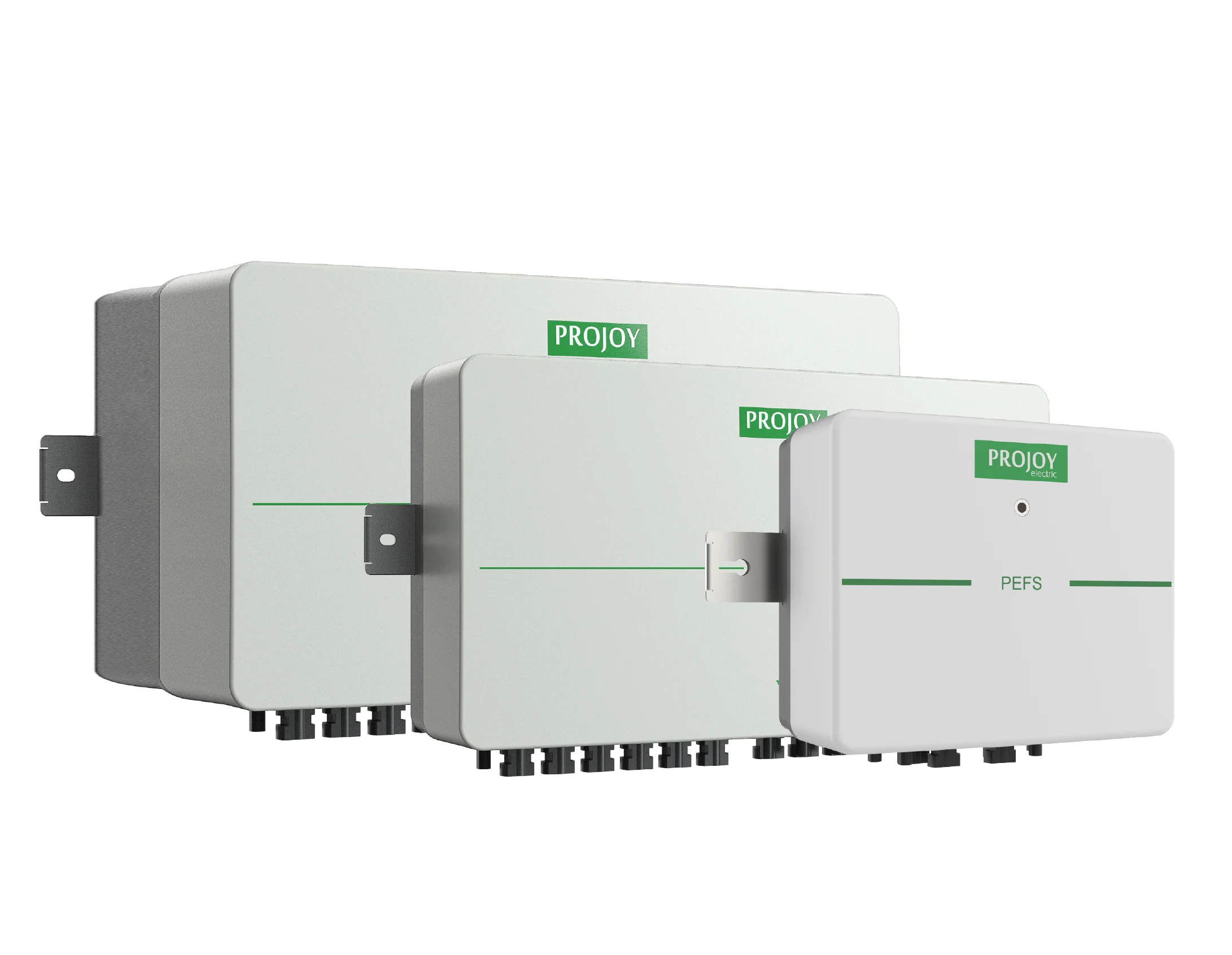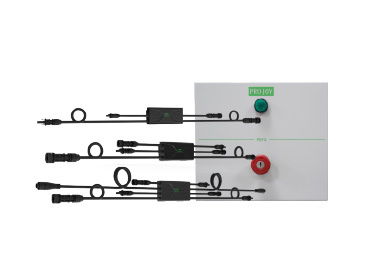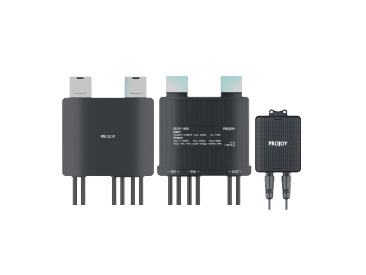Understanding DC Circuit Breakers: Essential Components for Electrical Safety
---
DC circuit breakers are essential components in the realm of electrical safety, particularly in systems that operate on direct current (DC). Unlike their alternating current (AC) counterparts, DC circuit breakers are specifically designed to handle the unique characteristics of DC power, making them indispensable in various applications, from renewable energy systems to industrial equipment.
At its core, a DC circuit breaker serves the primary function of interrupting the flow of electricity when a fault condition is detected, such as an overload or short circuit. This interruption is crucial because it prevents damage to both the circuit and connected devices, ensuring safe operation. When current flows through a circuit, it creates the potential for overheating and electrical fires; thus, the role of a circuit breaker is to mitigate these risks.
One key feature of DC circuit breakers is their ability to extinguish an electric arc that forms when the circuit is broken. In DC applications, the current does not pass through zero as it does in AC systems, making it more challenging to interrupt. Therefore, DC circuit breakers are designed with specific mechanisms—such as magnetic or thermal trip systems—to effectively cut off the current and prevent arcing.
There are different types of DC circuit breakers available, each suited for specific applications. For instance, miniature circuit breakers (MCBs) are commonly used in residential settings, while larger industrial-grade breakers are designed for high-capacity systems. Additionally, there are auto-reset and manual-reset options, allowing for convenience and flexibility depending on the user’s needs.
DC circuit breakers are found in a variety of applications. In solar power systems, for example, they protect the photovoltaic panels and inverters from faults, ensuring the longevity and efficiency of the equipment. They are also used in electric vehicles, battery storage systems, and various industrial machinery, emphasizing their versatility and importance in modern electronic systems.
Moreover, understanding the specifications and ratings of DC circuit breakers is essential for proper application. Factors such as voltage rating, current rating, and interrupting capacity should be carefully considered to select the right breaker for a specific use case. Improper selection can lead to inadequate protection or even system failures.
In conclusion, DC circuit breakers play a pivotal role in ensuring electrical safety across numerous applications. Their ability to quickly and effectively interrupt power flow in fault conditions safeguards both equipment and users from potential hazards. By choosing the appropriate type and understanding their operation, you can enhance the safety and reliability of your electrical systems. Whether in renewable energy, electric vehicles, or industrial applications, these components are a crucial aspect of modern electrical engineering.
DC circuit breakers are essential components in the realm of electrical safety, particularly in systems that operate on direct current (DC). Unlike their alternating current (AC) counterparts, DC circuit breakers are specifically designed to handle the unique characteristics of DC power, making them indispensable in various applications, from renewable energy systems to industrial equipment.
At its core, a DC circuit breaker serves the primary function of interrupting the flow of electricity when a fault condition is detected, such as an overload or short circuit. This interruption is crucial because it prevents damage to both the circuit and connected devices, ensuring safe operation. When current flows through a circuit, it creates the potential for overheating and electrical fires; thus, the role of a circuit breaker is to mitigate these risks.
One key feature of DC circuit breakers is their ability to extinguish an electric arc that forms when the circuit is broken. In DC applications, the current does not pass through zero as it does in AC systems, making it more challenging to interrupt. Therefore, DC circuit breakers are designed with specific mechanisms—such as magnetic or thermal trip systems—to effectively cut off the current and prevent arcing.
There are different types of DC circuit breakers available, each suited for specific applications. For instance, miniature circuit breakers (MCBs) are commonly used in residential settings, while larger industrial-grade breakers are designed for high-capacity systems. Additionally, there are auto-reset and manual-reset options, allowing for convenience and flexibility depending on the user’s needs.
DC circuit breakers are found in a variety of applications. In solar power systems, for example, they protect the photovoltaic panels and inverters from faults, ensuring the longevity and efficiency of the equipment. They are also used in electric vehicles, battery storage systems, and various industrial machinery, emphasizing their versatility and importance in modern electronic systems.
Moreover, understanding the specifications and ratings of DC circuit breakers is essential for proper application. Factors such as voltage rating, current rating, and interrupting capacity should be carefully considered to select the right breaker for a specific use case. Improper selection can lead to inadequate protection or even system failures.
In conclusion, DC circuit breakers play a pivotal role in ensuring electrical safety across numerous applications. Their ability to quickly and effectively interrupt power flow in fault conditions safeguards both equipment and users from potential hazards. By choosing the appropriate type and understanding their operation, you can enhance the safety and reliability of your electrical systems. Whether in renewable energy, electric vehicles, or industrial applications, these components are a crucial aspect of modern electrical engineering.
More News
Aug 05,2025
Product Selection Guide: PROJOY PEBS Series Miniature Circuit Breaker
PROJOY Electric has a full range of DC circuit breaker products, including miniature circuit breakers (MCBs) and molded case circuit breakers (MCCBs). According to different application scenarios and requirements, they are divided into high-voltage, low-voltage and waterproof box versions.
View Detail
Mar 13,2025
PV Combiner Box: A Vital Component in Solar Power Systems
Solar energy systems rely on a network of components to efficiently convert sunlight into usable electricity. One critical yet often overlooked device in this chain is the photovoltaic (PV) combiner box. This article explains what a PV combiner box does, how it works, and why it is essential for both safety and performance in solar installations.
View Detail

